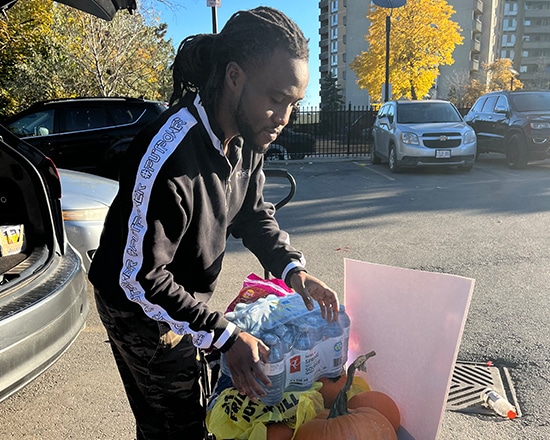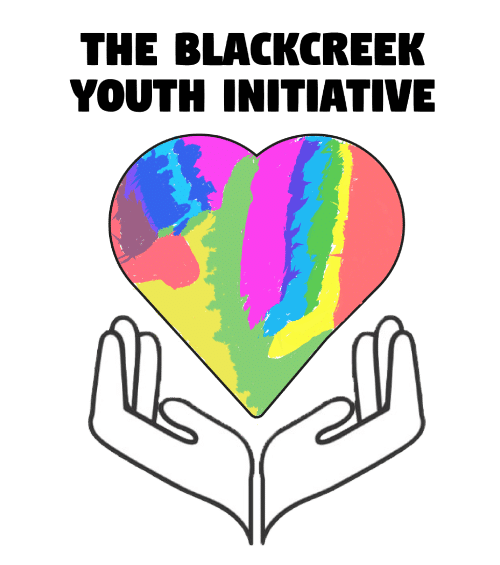Our Covid 19 Response
- Home
- / Our Covid 19 Response
Covid-19 Relief Supplies - Food, Basic Needs, Fresh Produce, Food Hampers, Hot Meals
Through the invaluable support and collaboration with our community partners, we succeeded in making a significant impact on our local area. Together, we were able to distribute fresh groceries, carefully assembled food hampers, nourishing hot meals, and essential supplies directly to 70 households in our community with over 220 food hampers and hot meals delivered. This effort not only addressed immediate nutritional needs but also fostered a sense of belonging and support among the recipients. The success of this initiative was greatly amplified by the generous contribution from The Vitanova Foundation.
Their support was instrumental in our ability to reach and assist these families and individuals. We are deeply grateful for their commitment to making a difference in our community. This initiative stands as a testament to what can be achieved when organizations come together with a shared vision of support and community welfare.

Virtual Workshops
At the outbreak of the pandemic, the Black Creek Youth Initiative successfully transitioned its weekly programs to a virtual format, utilizing platforms such as Zoom, Instagram Live, and telephone communication. Our adaptability allowed us to continue offering a wide range of activities designed to support, engage, and uplift our community’s youth.
Our virtual programming, which has now been implemented, includes:
Art-based workshops that provided a creative outlet for expression.
Informative COVID-19 sessions that kept participants informed and safe.
Virtual social events featuring games, fun, and prizes, which fostered community and connection among the youth.
Initiatives aimed at overcoming isolation and boredom, offering meaningful engagement during these challenging times.
Mental health workshops that supported participants’ well-being and resilience.
A pivotal part of our programming was the ability to offset internet costs for over 30 families, ensuring equitable access to our online resources. This effort not only expanded our reach but also underscored our commitment to inclusivity and support for all members of our community.
These programs have been successfully implemented, enriching the lives of those who participated and strengthening the fabric of our community during a time of unprecedented challenges.
A Message from the Executive Director
As most racialized communities will acknowledge, the pandemic has only exacerbated inequalities that already existed prior to the outbreak of the virus. Colored communities, with Black, indigenous and people of Color (BIPOC), are most likely to suffer the rippling adverse economic and health effects of Covid-19. Our access to digital tools and resources is the critical link to widening participation in digital health/virtual mental health as we navigate the pandemic. Providing and expanding digital health/virtual mental health care for racialized community is extremely important. Without these provisions, it is impossible to meet the needs of the black and racialized communities who have been historically underserved and undervalued.
A digitally inclusive world looks like everyone having access to high speed and high-quality internet at a low and affordable cost, perhaps even for free. Access to reliable internet is now as essential as food, shelter, and clothing. It is a social determinant of health.
Families in racialized communities have expressed the inability to meet the financial responsibilities of providing fast, and reliable internet for their households, including providing them with computers or devices which can be used to maintain the new way of living. With grocery shopping, banking, education, work and more all dependent on internet, fast and reliable internet is as important as any basic and fundamental human rights, individuals must have. It is also through these means by which community members are able to connect with one another, attend virtual social programs and in essence, practice self-care.
One young person in our virtual program said, “The internet bills are too high, adding to all other bills I have to pay. So, I have to attend zoom meetings using my phone, but I have limited data” Once the data on his phone runs out, he will not be able to attend the virtual art, wellness and recreational programs anymore.
For fixed income households, which is the case for most families in black neighbourhoods, an additional $50 – 60 on their monthly expenses may be the difference between getting medication or caring for their mental health, and making sure their family has access to reliable internet. No individual or families should be made to make a choose between the above life concerns.
The intersecting barriers are even worse for black folks who have disabilities and depend on ODSP for assistance. Internet and effective digital participation are no longer a luxury but a human right.
Another factor to consider is the closure of libraries due to the pandemic. Many individuals and families in black and racialized neighbourhoods have depended on libraries for years, once more to reduce financial costs. (Browsing, printing, scanning, programs, recreation, gyms, social meet-ups). When looking for solutions to improve or widen participation in digital health/virtual health, advocacy for digital access for home connectivity must be the center of our argument and advocacy. Despite improved access, digital divide persists for minority and low-income students
The pandemic has brought into focus the intimate connection between health/mental health, and technological connectivity. The need for health and mental health equity has simply moved into a new space, that is, the online spheres.
The backlash of these disparities is long-term health, social and economic, and increase in the achievement gap.
“We are in this together” has been commonly used, throughout this pandemic. However, for black, racialized and minority populations in financially disadvantaged communities, we can only be in this together if we all have equal and affordable access to internet and digital services.
Destin Bujang
Executive Director
Black Creek Youth Initiative.
We Believe that We can Save More Lifes with you

Youth-led

Community-Driven

Artbased

